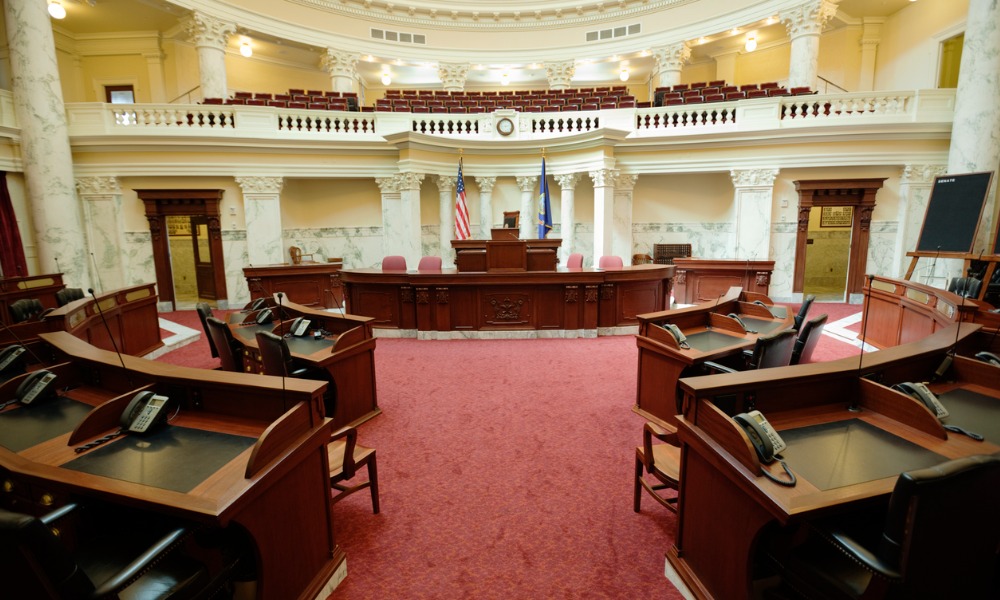
He argued that the proposed changes infringe upon free speech rights

US Senate Republican leader Mitch McConnell voiced strong opposition to proposed judicial reforms that would impose stricter financial disclosure rules for groups filing friend-of-the-court briefs, also known as amicus briefs, and restrict law clerks from seeking political employment post-clerkship.
Reuters reported that in his speech on the US Senate floor, McConnell condemned federal judicial policymakers' recent actions, arguing that the proposed changes infringe upon free speech rights protected by the 1st Amendment of the US Constitution.
"I am second to no one in my defence of the 1st Amendment," McConnell said. "So, I've found the recent habit of the federal judiciary's bureaucracy to try and abridge its protections alarming, to say the least."
McConnell's criticisms primarily focused on a proposed amendment to Rule 29 of the Federal Rules of Appellate Procedure, which governs amicus briefs. The proposed rule, developed by the US Judicial Conference's Committee on Rules of Practice and Procedure, would require groups such as nonprofits, charities, and trade associations filing amicus briefs to disclose if a party or counsel involved in the case contributed 25 percent or more of their annual revenue. Additionally, the rule would mandate the disclosure of any donor who gave more than $100 toward preparing or submitting a brief if they had been a member of the organization for less than 12 months.
The Kentucky senator called the proposed rule "the result of persistent bullying of Senate Democrats" and warned that it would unconstitutionally "chill free speech by mandating donor disclosure."
McConnell, along with fellow Republican Senators John Cornyn and John Thune, sent a letter urging the judiciary to abandon the proposal and warned they would encourage parties to challenge it in court if adopted.
McConnell also criticized a recent ethics opinion from the Judicial Conference’s Committee on Codes of Conduct. The opinion advises judges to limit their law clerks from seeking employment with political organizations after their clerkship, citing concerns over maintaining the judiciary's independence.
"Political activity is at the core of our freedom of speech," McConnell argued, saying the ethics opinion turns the 1st Amendment "on its head."